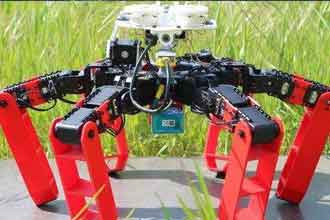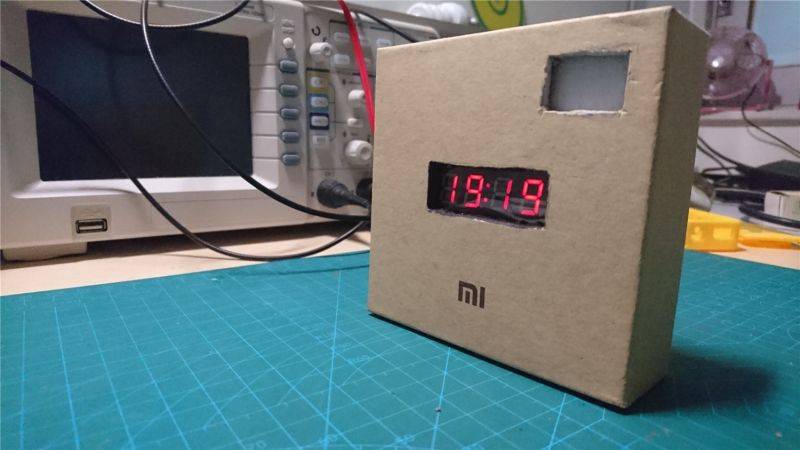
Inspired by the Sahara desert ant, French researchers have developed a robot ant that can find its way without using global positioning system (GPS) and only USES sunlight to find its way home.This provides a new way of navigation for autonomous vehicles and robots.
The robot ant is a small, six-legged robot that can zigzag-walk 14 meters before returning to its starting point, with a margin of error of about 1 centimeter, researchers from the university of marseille and the national center for scientific research, among others, report in the new issue of the American journal science robotics.
Most insects rely on secreting pheromones for navigation, but the Sahara desert heat can instantly dry out the pheromone. The ants have thus evolved a special navigational ability: they use polarized light from specific wavelengths of sunlight to determine their direction, record their steps, and then combine that with a calculation of the exact path back to their nest.
Stephane viollet, a French bioroboticist involved in the new study, explained that although the sun's polarized light is invisible to the human eye, you can imagine there are lines in the sky that are oriented according to the position of the sun.
The researchers were inspired to develop the robotic ant, which weighs just 2.3kg, with an "optical compass" and a "light movement sensor".The "optical compass" USES two photodiodes to convert ultraviolet polarized light from the sun into electrical signals.The "optical motion sensor" can determine the moving distance through the number of steps, the relative speed of the machine and the ground.By combining directions and distances, the robot ant can determine its current position relative to its starting point.
Because ultraviolet light penetrates clouds, the robot ants can pinpoint their location on clear or cloudy days.In addition, the six-legged robot ant is highly mobile and can operate in complex environments where wheeled robots and drones cannot work.
The researchers said that autonomous driving using GPS positioning in urban environments could be subject to errors due to magnetic field interference, and that the positioning technology used by robot ants is a powerful complement to GPS, and that it will be necessary to explore how to use the technology at night and over longer distances in the future.

 英语
英语  中文
中文  德语
德语  韩语
韩语  日语
日语  波斯语
波斯语  葡萄牙语
葡萄牙语  俄语
俄语  西班牙语
西班牙语 





